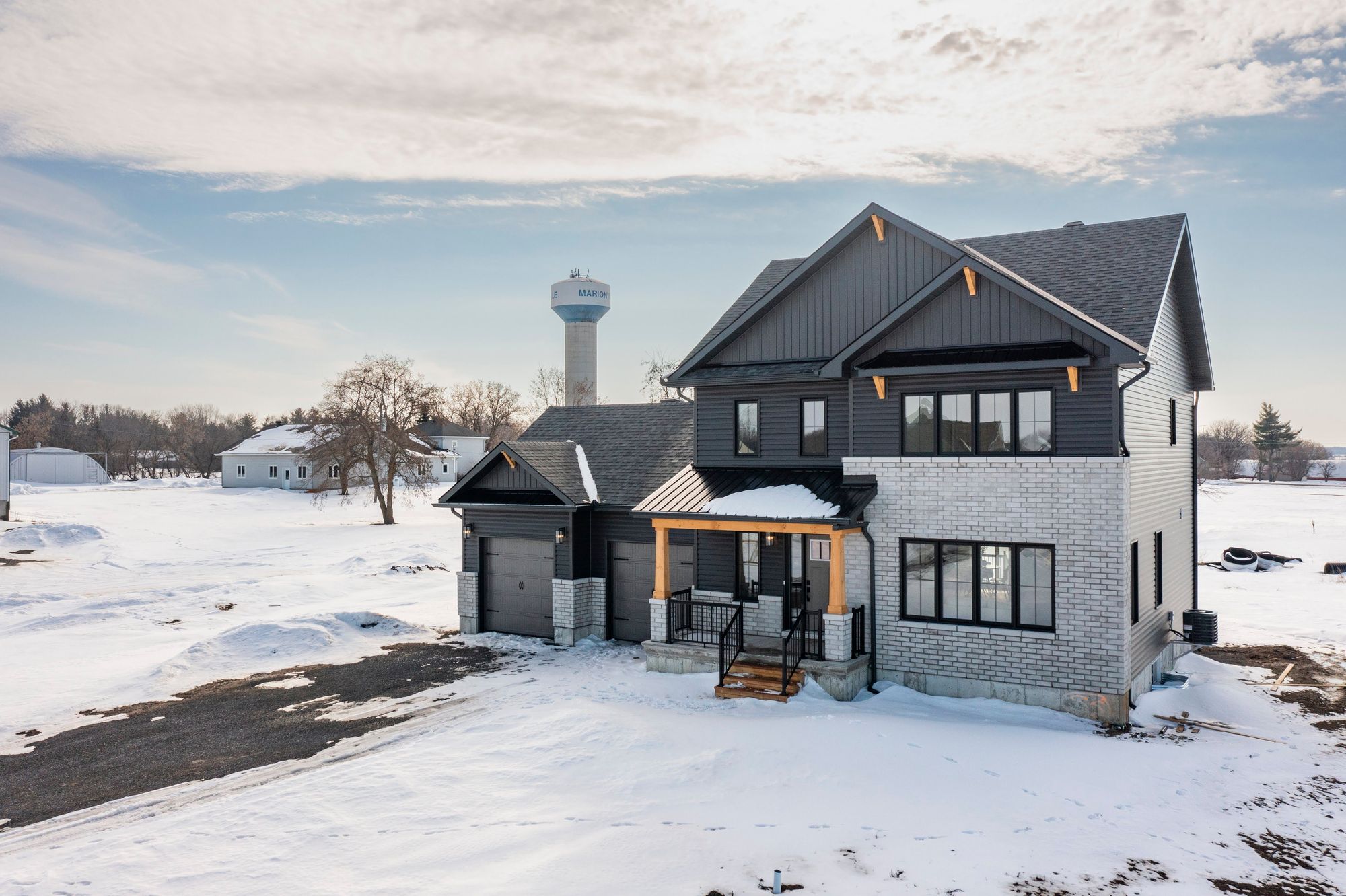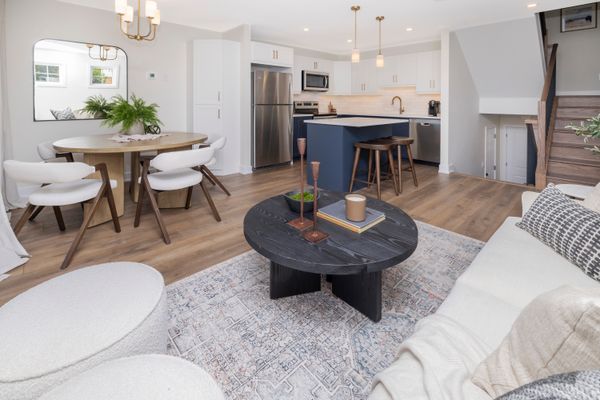This decision will help guide your search and ensure you don't waste time and energy on properties that are outside of your financial means. In this blog post, we'll go over some important considerations to determine your house budget.
- Analyze your current financial situation
The first step in determining your house budget is to analyze your current financial situation. Look at your income, expenses, and debts. This will give you a better understanding of what you can afford to spend on a home.
2. Calculate your debt-to-income ratio
Your debt-to-income ratio is the percentage of your monthly income that goes toward paying debts. This includes credit card bills, student loans, car payments, and any other debts you may have. Lenders typically prefer a debt-to-income ratio of 43% or less.

3. Consider your down payment
Most lenders require a down payment of at least 20% of the home's purchase price. If you can put down more, you may be able to qualify for a lower interest rate or a more significant loan amount. Consider how much you can realistically put down and how that will impact your monthly mortgage payments.
4. Think about your other expenses
When determining your house budget, it's crucial to think about other expenses that come with homeownership. These can include property taxes, homeowners insurance, maintenance, and repairs. These expenses can add up quickly, so be sure to factor them into your budget.

5. Get pre-approved for a mortgage
Getting pre-approved for a mortgage can give you a better idea of what you can afford and can also make you a more attractive buyer to sellers. It's a good idea to shop around for different mortgage options to find the best rates and terms.6.
6. Set a realistic budget
After analyzing your financial situation, debt-to-income ratio, down payment, and other expenses, set a realistic house budget. Remember, it's essential to be realistic and avoid stretching yourself too thin financially. You want to make sure that you can comfortably afford your monthly mortgage payments.

Determining your house budget is a critical step in the home buying process. By following these steps, you can set a realistic budget and find a home that meets your needs without putting undue financial strain on yourself. Remember, take your time, do your research, and work with a reputable lender to ensure that you make a sound investment for your future.






